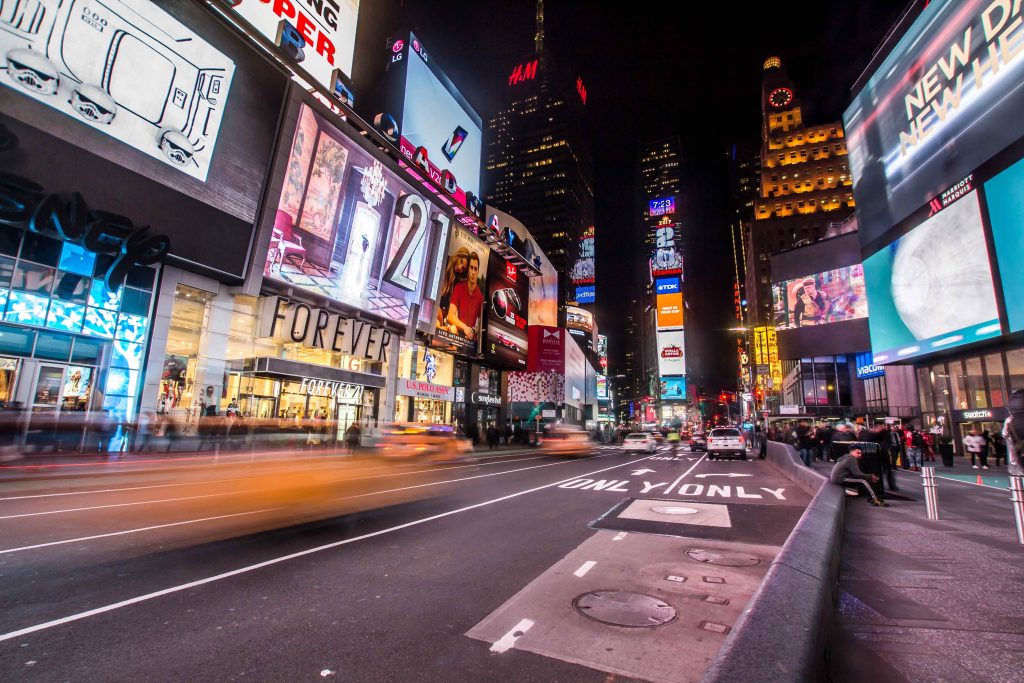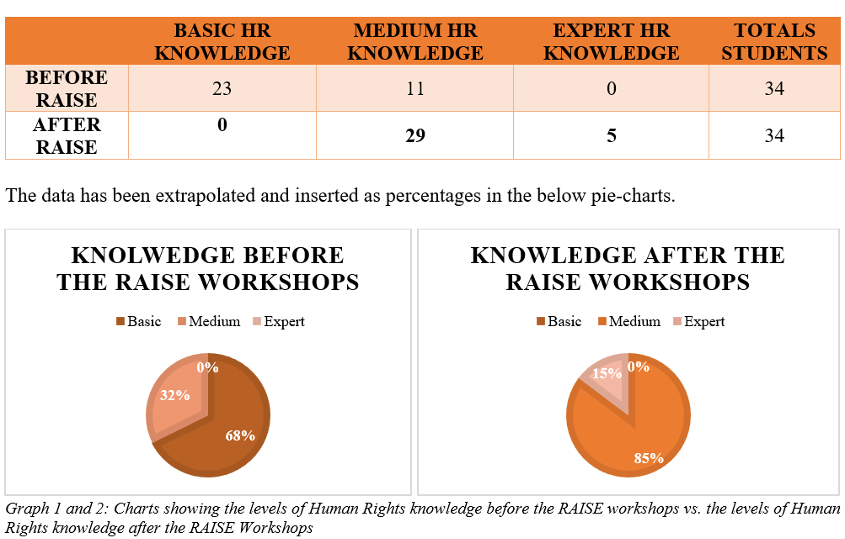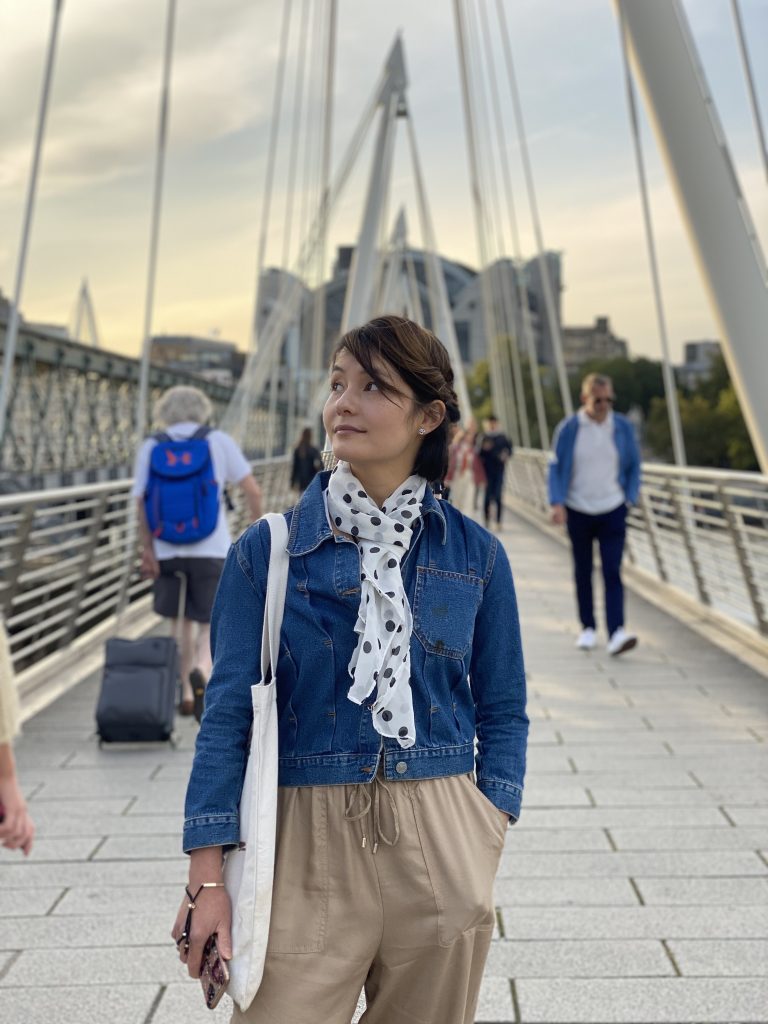What is a ‘Good’ Business? An event review of EOS Social Responsibility Solutions’ RAISE workshops
This morning my oat milk carton promised me it came from a ‘good’ company. Yorkshire Tea was just one of countless brands supporting Black Lives Matter. But what exactly is a ‘good’ company? Is a tweet all it takes to earn the right to boast on beverage packaging? One company which does less hashtagging and more educating is EOS Social Responsibility Solutions, founded by CEO and City Law School alumna Gaia Barcilòn.

EOS is an independent consultancy supporting companies and institutions in upping their corporate social responsibility game by implementing relevant laws, standards and best practices. They also aim to educate young people on human rights standards in business through their RAISE project, which stands for Raise Awareness on International Standards in Education. RAISE targets students at three levels of education: middle school (ages 14-16), high school (ages 16-18) and university (ages 18 and over). The learning objectives are tailored to each group but are broadly intended to raise awareness about the importance of human rights in societies and the role businesses have in upholding them.
In November 2020, fifty-five City, University of London students from a range of disciplines took part in the inaugural set of university-level workshops, held online across three weeks. Each 90-minute workshop covered an impressive amount of detail, starting with a basic history of human rights and case study of the British East India Company. The latter highlighted how disregarding individuals’ rights can be just as devastating whether done by businesses or by states.
The second and third workshops covered the application of specific articles of the United Nations Declaration of Human Rights to businesses, using case studies to highlight how upholding human rights not only protects employees and consumers, but is increasingly necessary for business survival. Remember Forever 21? In September 2019, the clothing store filed for bankruptcy protection in the US and closed most of its stores outside the US as “a consequence of both changing trends and tastes within the apparel market and of missteps by the company”, according to the managing director of GlobalData Retail. Rapid international expansion with a failure to understand local labour laws and shopping habits lead to its international stores failing to gain a market advantage. Over the last 20 years the company has had over 50 cases brought against it and was investigated by the US Department of Labour for unfair labour conditions including violating minimum wage laws, employing underage workers and using sweatshops. Today, Forever 21 has mainly moved online in Europe and Asia. Its website promotes its donations to multiple charity causes, including to frontline Covid-19 workers in the US, but unless it simultaneously upholds labour rights, this may be an example of human rights ‘offsetting’, where companies promote their charitable causes to detract from rights abuses elsewhere in the business.

There was an impressive emphasis on student feedback throughout the month of RAISE workshops. Before attending, students were asked about their current level of human rights knowledge, and a feedback form after the third workshop asked whether that level had now changed. Out of 34 students providing feedback, 23 classed their human rights knowledge before RAISE as ‘basic’, whereas after RAISE all participants rated their knowledge at either ‘medium’ or ‘expert’ level. Additionally, a short quiz emailed after each workshop assessed students’ understanding of the information covered, with each participant receiving their quiz marks and supportive feedback. Participants who submitted all three quizzes and feedback received detailed handouts and a certificate of completion at the end of the month.

This being the pilot set of RAISE workshops, Gaia will use the participants’ feedback to inform and improve upon the rollout of future workshops. Her aim is to conduct the first high school workshops in February 2021, with the first middle school scheme to run later in the year. Depending on the pandemic situation next year, future projects will be conducted in person, hopefully allowing greater participant interaction. In the absence of mandatory school curricula addressing human rights, far less human rights and business, initiatives like RAISE are a much needed gap-filler. Business affects us all, as do human rights; early education will enable the CEOs, employees, and consumers of tomorrow to live in our increasingly corporate world, mindful of what it means to be an ethical business.
The November workshops were sponsored by City University’s Law Society and Justice and Peace Society, with the City Women in Law Society collaborating. We’ll be featuring an interview with alumna Gaia Barcillon in the coming weeks, so watch this space!

Many thanks to Byul Ryan-Im for this review piece. Byul wasn’t originally booked in for this trio of workshops but indicated she would go along and review for us. She was glad she had! Byul is a current Graduate Entry LLB student at City with a passion for human rights work. She has worked in Greek refugee camps, taught street-law in Myanmar and interned at the UN, and hopes to make a career out of fighting for the Davids in a world of Goliaths.
